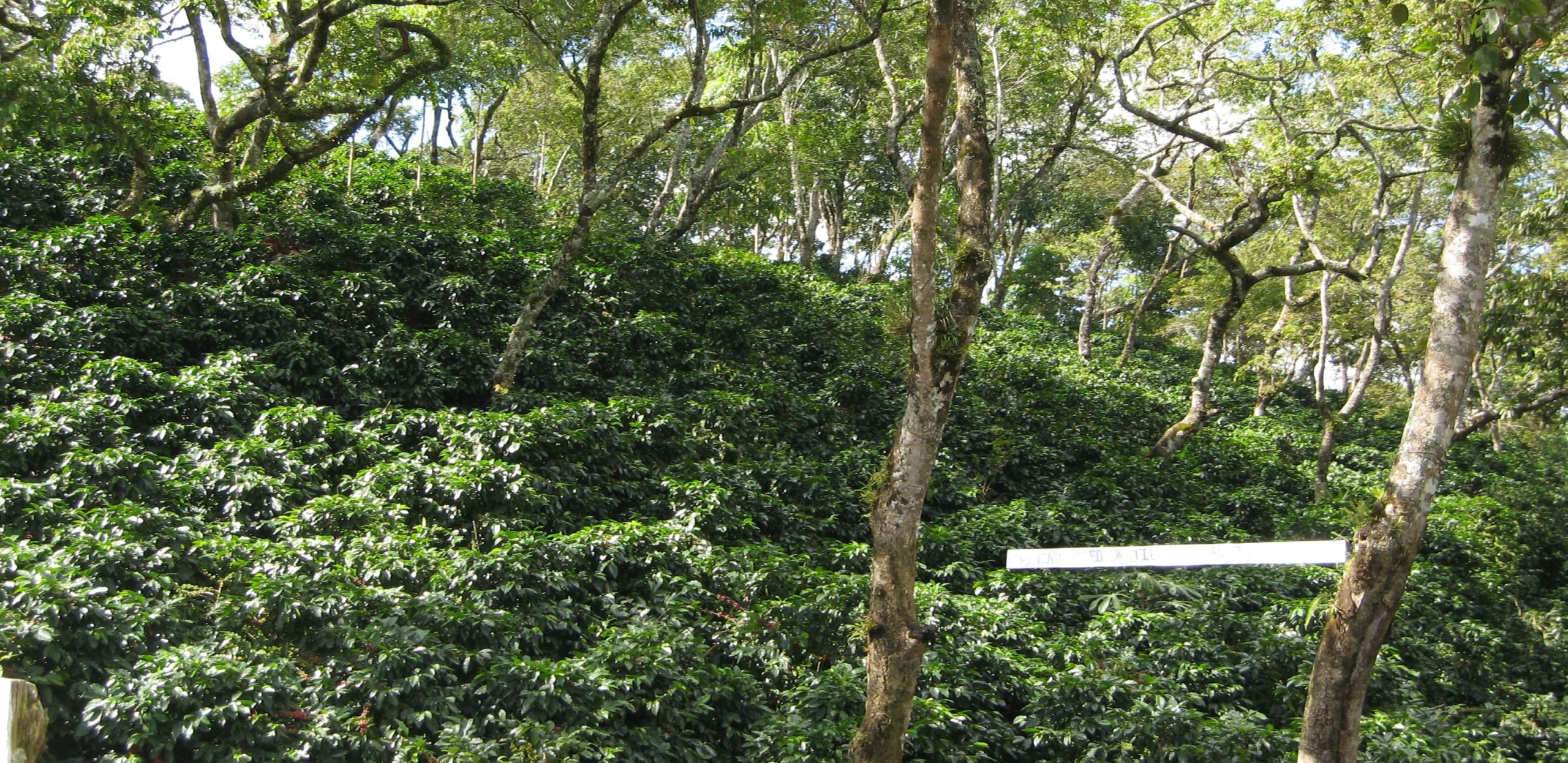Over the last two decades, Honduras transformed the quality of its coffees, and thus its reputation as a coffee origin, thanks to government incentives and the hard work of producers, exporters and farmer-support organizations. In 2011, Honduras overtook Guatemala to become the largest coffee producer in Central America, and today it ranks sixth globally among all coffee-producing countries.
The main coffee-producing regions in Honduras are Comayagua, Copan, El Paraíso, Ocotepeque, Opalaca, Montecillos and Santa Barbara. The regions’ highly varied geographies and climates result in an equal diversity of stunning cup profiles.
Swiss Water Process
Swiss Water Process (SWP) decaffeination works through diffusion, not osmosis. Initially, green coffee beans are soaked in water until all the caffeine and flavor compounds are extracted. The beans are then discarded, and the solution they created is run through a carbon filter that removes the caffeine, leaving behind only the flavor compounds—what SWP calls its green coffee extract, or GCE.
When SWP decaffeinates a coffee, the beans are soaked with a small amount of the GCE, which creates a saturated solution in which the caffeine leaves but the flavor compounds remain in place, unaffected. The GCE is like a yeast “mother.” While initially SWP had to sacrifice some coffee to create it, once the first batch was made, it just needs to maintain the health of the GCE and keep it slowly regenerating, which it does by adding small amounts of clean water.

